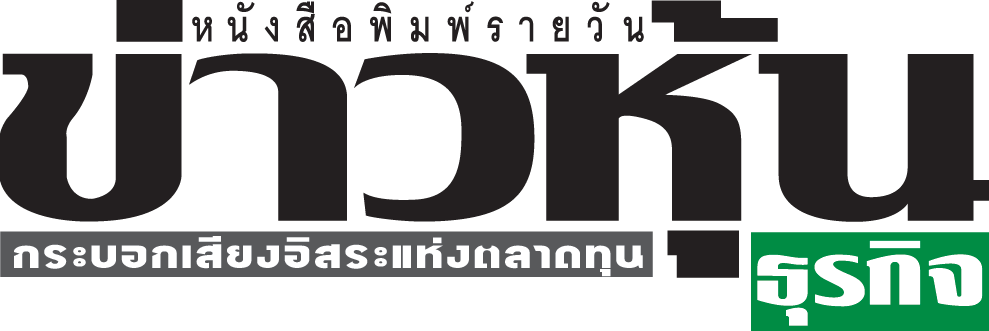
INTUCH’s 3Q Profit Jumps 24% to ฿3.3bn, Boosting by Wireless Telecom Business
INTUCH’s 3Q Profit Jumps 24% to ฿3.3bn, Boosting by Wireless Telecom Business from AIS Group.
Intouch Holdings Public Company Limited (INTUCH) has reported its 3Q19 consolidated financial statement through the Stock Exchange of Thailand as follows:
INTUCH reported a net profit of 3,348 million baht, an increase of 14% from 2Q19 and 24% from 3Q18, mainly due to higher contributions from the local wireless telecommunications business, operated by AIS Group.
The net profit in 9M19 dropped 5% from 9M18, even though there was a higher profit contribution from the local wireless telecommunications business. This was because the contribution from the satellite & international businesses was lower due to the gain recorded on the divestment of CSL in 1Q18. However, if this gain were excluded, the normalized net profit would have increased slightly.
Net expenses decreased 14% and 36% from 3Q18 and 2Q19, respectively, mainly due to the recognition of the additional provision for past service costs of employees who have worked with the company for more than 20 consecutive years, which was recorded in 2Q19. Under the new Labor Protection Act, employees must receive at least 400 days’ compensation at their current pay rate. This law became effective in May 2019.
THAICOM’s net losses in 3Q19 and at 9M19 were 112 million baht and 277 million baht, respectively, but 16% lower than the loss in 2Q19, compared to net profits of 105 million baht in 3Q18 and 2,238 million baht at 9M18.
The share of the net results from AIS Group, in 3Q19 and at 9M19, increased from the same periods of last year, mainly due to higher sales and service revenue from an increase in the number of mobile subscribers and postpaid ARPU after the fixed‐speed unlimited data plans were discontinued. Fixed‐broadband revenue rose, due to a growing subscriber base, even though ARPU dropped from the highly competitive environment.
However, there was an increase in sales and service costs in network OPEX from higher 4G network expenses and a rise in depreciation & amortization, following the expansion of both the mobile and fixed‐broadband networks, and amortization recorded on the 1800MHz spectrum license, although there was a drop in the cost of the partnership with TOT after the settlement of disputes in this quarter. Distribution costs & administrative expenses rose, mainly from the one‐time recognition of past service costs under the new Labor Protection Act in 2Q19.



